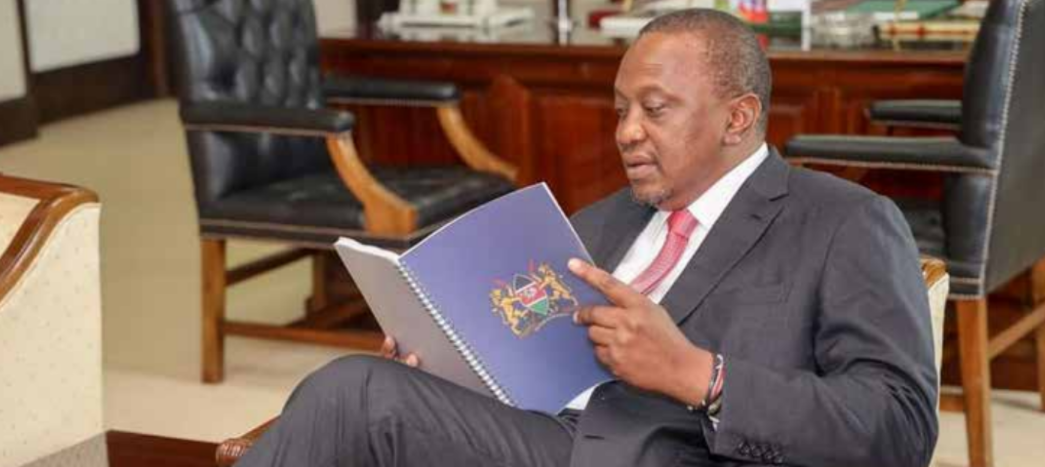A year to the elections, a time to shape up

A sit-down with the President always offers interesting insights and is no doubt a good deal for the media, as it is bound to produce headlines as the country is given a rare chance to examine the thinking of its Head of State.
President Uhuru Kenyatta’s session with the senior editors of the leading media houses early this week was therefore bound to be the gift that kept on giving, and the narrative has turned to his race against time to implement his targets ahead of his scheduled exit next year.
At the same time, the Head of Public Service has ordered ministries to realign their communication and branding to the Big Four Agenda and Vision 2030, pointing the public in the direction of the achievements of the Jubilee administration.
In the letter, Public Service boss Joseph Kinyua said: “All advertisements and public communications shall be edited, curated and compartmentalized under the appropriate Kenya Vision 2030 pillar and Big 4 Agenda, by the Kenya Vision 2030 Delivery Secretariat and the Presidential Delivery Unit for subsequent dissemination by the Government Spokesperson and the Ministry, Department or Agency (MDA), as the case may be.”
The letter demonstrates the urgency and focus which the Presidency deems the need to establish the narrative about the President’s legacy long before the end of his term.
Part of the President’s sentiments at the interview related to his deteriorating relationship with his Deputy, William Ruto, who he suggested had taken a wrong turn by focusing on his campaign for the presidency early in the second term of the Jubilee administration.
Then the attacks by the Cabinet Secretaries started, and were followed by the Thursday drama around the withdrawal of high-level security for the Deputy President.
Granted, the Deputy President has been keen to portray himself as the underdog that the system wants to trample underfoot, and the blundering ways of the senior civil servants who execute the schemes against him have played into that narrative.
While it might be understood in the corridors of power what the end game in the line of embarrassments is, Mr Ruto’s persecutors should perhaps consider the feelings they stoke amongst his supporters and what the consequence might be.
Already, religious leaders have called for a coming together between the President and his Deputy, as stoking tensions does not augur well for the country in the long term. There is no doubt that if Mr Ruto is to succeed in his bid next year, there would be retribution and revenge against his persecutors. The situation would certainly be worse if there were questions about the validity of the election next year and even if a resolution would be sought through the courts, lives could be lost and property damaged and the slowdown in the economy that comes in an election year could be worse.
As one of the religious warned from Mombasa, there would be no point in having a transition where the President leaves the country in trouble as it is the very same people he is working for that would suffer.
It is not, after all, the first time that two rivals in Kenya’s politics have shaken hands and buried the hatchet.

